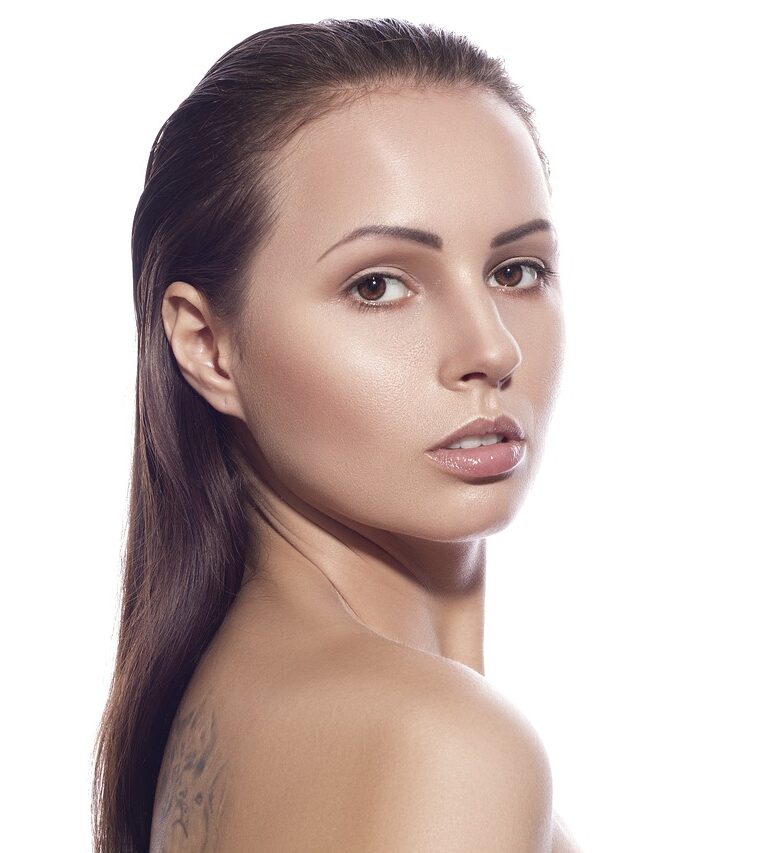
Acne is a common skin condition that affects millions of people worldwide. It is not only an aesthetic concern but can also have a significant impact on an individual's self-confidence and emotional well-being. In this post, we will explore the different types of acne, as well as some effective management strategies for both acne and acne scars.
Types of Acne
1) Comedonal Acne
2) Inflammatory Acne
3) Hormonal Acne
Management of Acne
While there is no one-size-fits-all solution for managing acne, the following strategies can help in controlling and reducing its occurrence:
1) Daily Skincare Routine
2) Regular Exfoliation
3) Avoid Touching or Picking
4) Healthy Lifestyle Habits
Management of Acne Scars
Although acne scars can be challenging to eliminate entirely, several treatment options can help minimize their appearance:
1) Topical Treatments
2) Chemical Peels
3) Microdermabrasion
4) Laser Therapy
5) Dermal Fillers
Visit Our Clinic
Monday 5:00 PM – 8:00 PM
Tuesday 5:00 PM – 8:00 PM
Wednesday 5:00 PM – 8:00 PM
Thursday 5:00 PM – 8:00 PM
Friday 5:00 PM – 8:00 PM
Saturday 5:00 PM – 8:00 PM
Sunday 10:00 AM – 12:00 PM

Take A Step Forward To Perfection
Choose to transform your life, and embrace the extraordinary.
Quick Contact
- (+91) 8460128511
- info@alchemyplasticsurgery.com
- 202, Silver House, Opp. GEB School, Akota, Vadodara, Gujarat, India
